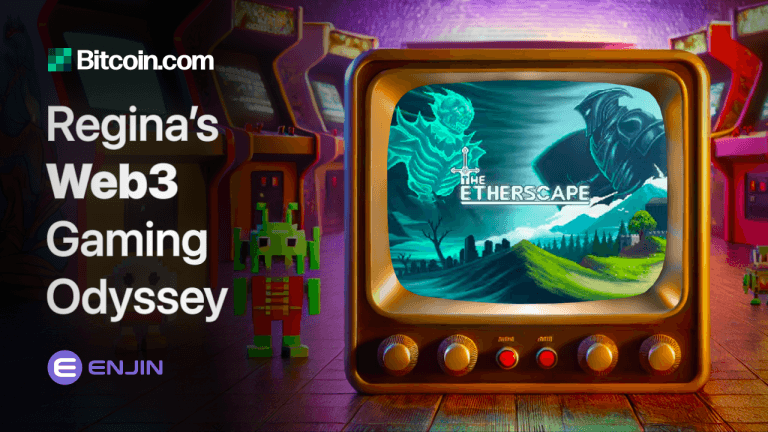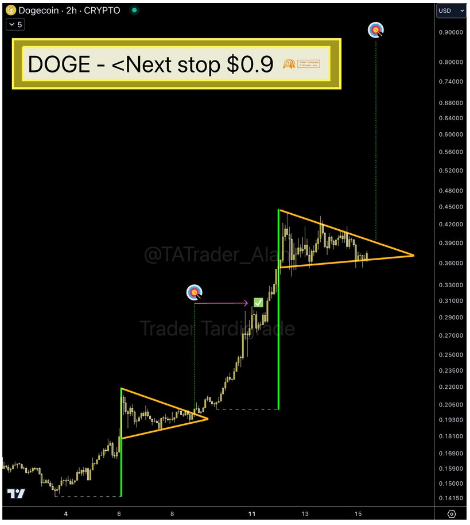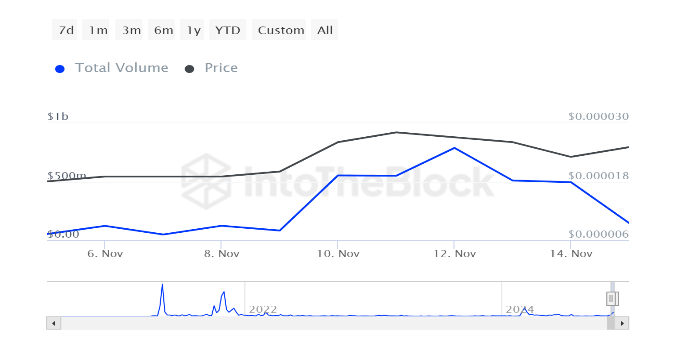The Melbourne-based cryptocurrency lender, Helio Lending Pty Ltd., has been handed a non-conviction bond for misleading claims about possessing an Australian Credit License (ACL). Helio, which offers consumers crypto-backed loans using digital assets as collateral, was found to have falsely asserted that it held an ACL, the regulator said yesterday (Thursday).
In a news article on its website in August 2019, Helio touted its possession of an ACL 391330 credit license, which the Australian regulators later revealed to be false, the Australian Securities and Investment Commission (ASIC) stated.
Regulatory Responsibility
Additionally, ASICexpressed its expectation for entities and individuals to provide accurate information to their customers, emphasizing the gravity of Helio's actions in allegedly misleading its clients about the protection an ACL affords.
ASIC's Deputy Chair, Sarah Court, remarked: "We expect entities and individuals to provide accurate information to their customers and potential customers. Helio falsely claimed that it held an Australian Credit license, misleading its customers to believe that they had the protections afforded by such a license."
Introduced in 2009 through the National Consumer Credit Protection Bill, the Australian Credit License (ACL) sets stringent standards for entities wanting to provide financial products and services to consumers. The requirements apply to banks, credit unions, financial companies, and even crypto asset lenders like Helio.
Helio is an Australian subsidiary of the US-based crypto-focused public holding company Cyios Corporation. Besides that, the company owns the non-fungible tokens (NFT) platform Randomly, which was founded in 2021.
A Changing Landscape and Legal Proceedings
Helio is not the only company in the crypto asset sector facing scrutiny by ASIC. In August, Finance Magnates reported that the regulator embarked on legal proceedings against eToro Aus Capital Limited (eToro). The case revolves around allegations of eToro's violation of its contract for difference (CFD) product's design and distribution obligations.
Meanwhile, in June, Australia announced that it was taking a proactive stance in addressing the growing concerns surrounding the de-banking of cryptocurrency entities. The government has recently affirmed its recognition of the severity of de-banking and the potential consequences of inaction, acknowledging the risk of pushing crypto asset businesses into underground operations.
This decision arrived in the wake of actions taken by financial institutions such as the Commonwealth Bank imposing partial restrictions due to concerns about scams, and Binance Australia discontinuing Australian (AUD) deposits and withdrawals as a result of a third-party payment service provider's decision.
This article was written by Jared Kirui at www.financemagnates.com.
You can get bonuses upto $100 FREE BONUS when you:
💰 Install these recommended apps:
💲 SocialGood - 100% Crypto Back on Everyday Shopping
💲 xPortal - The DeFi For The Next Billion
💲 CryptoTab Browser - Lightweight, fast, and ready to mine!
💰 Register on these recommended exchanges:
🟡 Binance🟡 Bitfinex🟡 Bitmart🟡 Bittrex🟡 Bitget
🟡 CoinEx🟡 Crypto.com🟡 Gate.io🟡 Huobi🟡 Kucoin.


















Comments